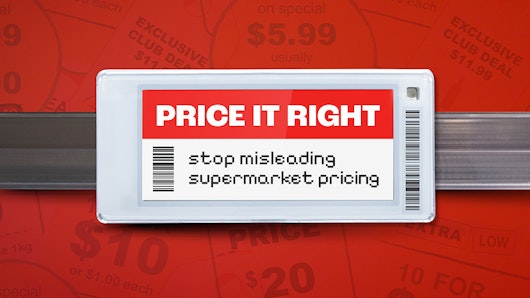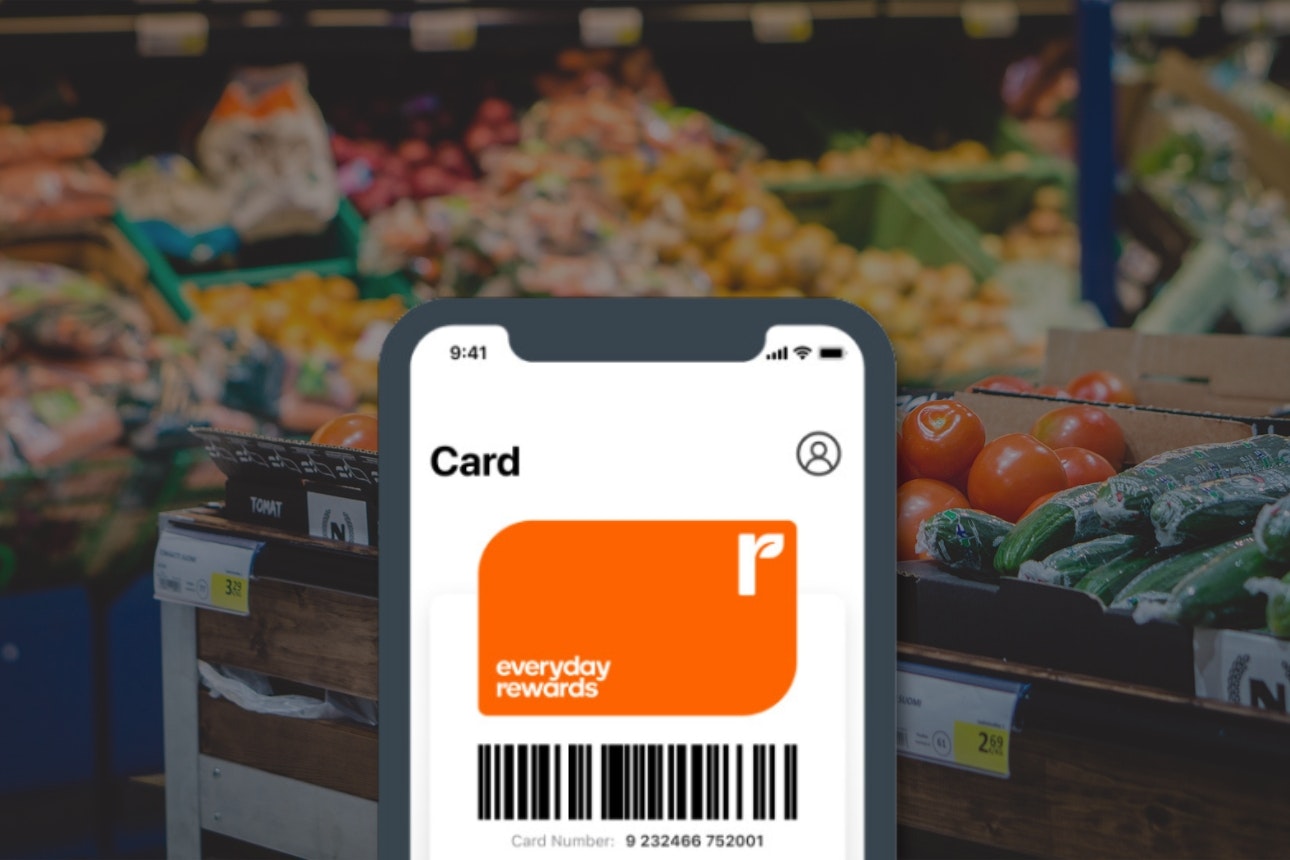
By Abby Damen
Communications and Campaigns Adviser | Kaitohutohu Whitiwhiti Kōrero, Kaupapa Whakatairanga

Consumer NZ welcomes the unprecedented $3.25 million penalty handed down to Foodstuffs North Island by the High Court today, which is the largest to date under section 28 of the Commerce Act.
Based on the Commerce Commission grocery market study in 2020, anti-competitive land covenants were identified as a significant barrier to entry for new supermarket players.
“It’s not unreasonable to draw a line between the high grocery prices New Zealanders are paying today and Foodstuffs North Island’s longstanding practice of blocking new entrants through the use of restrictive land covenants,” said Jon Duffy, Consumer NZ chief executive.
“This conduct has had long term impacts on our grocery sector, so we appreciate the work of the Commerce Commission in pursuing this case. The size of the fine highlights the gravity of the conduct and how seriously the courts are willing to treat this type of behaviour. Pricing misconduct by supermarkets was also identified as an issue in the grocery market study. The Commission is currently investigating a complaint from Consumer which includes 600 examples from consumers of allegedly misleading supermarket pricing from both Foodstuffs and Woolworths.”
In 2020, Pak’nSave Mangere was fined $78,000 for discrepancies between the shelf price displayed or advertised to shoppers in store, and what was charged at the till.
“We thought the fine given to Pak’nSave Mangere was beyond disappointing and not in line with the scale of harm, particularly as this type of conduct appears to have continued. We continue to receive complaints from consumers about misleading pricing at the major supermarkets. The supermarkets need to be held to account. Today’s penalty sends a clear to message to grocery sector that conduct that is detrimental to consumers will be penalised.”
For many New Zealanders, progress in the grocery sector feels slow, with financial stress in relation to food still at alarmingly high rates.
“Consumer eagerly anticipates the publication of the Grocery Commissioner’s first annual report in the next few weeks. This report is crucial to shining a light on how the duopoly is operating two years on from the market study, and to providing much needed clarity to the public about the health of our supermarket sector.”

Make supermarkets price it right
Find out about our campaign to tell the government we need clear rules, stronger penalties and automatic compensation for shoppers.



